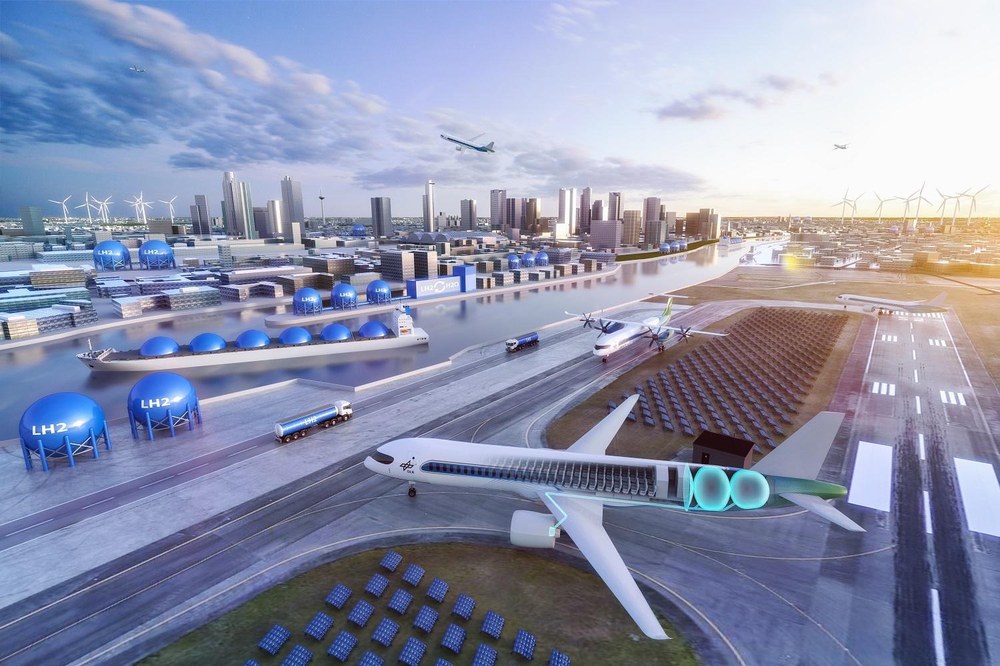Electrical Infrastructure and Systems

Energy and power management involves monitoring, analysing and controlling energy consumption and system performance for maritime energy systems.
The energy management systems required for this play a crucial role in optimising energy consumption and ensuring smooth operation. They also help to maximise energy availability and efficiency in real time.
DC grid structures enable the efficient distribution of direct current in electrical systems on board ships. There is a need for universal switching concepts for AC/DC applications as well as the development of simulation and optimisation methods for the planning and dimensioning of AC/DC grids. The understanding of DC network structures and their applications in maritime electrical engineering is important to ensure efficient and reliable electrical systems on ships.
PV/wind-assisted drives for maritime applications offer several advantages, including the reduction of environmental impact and operating costs. The integration of solar panels and specially designed hulls as well as the use of sails to utilise wind energy are examples of innovative approaches in this area. This requires innovative methods and solutions for modelling, simulation, validation, optimisation and visualisation of these complex maritime systems.
When developing battery charging and replacement strategies, aspects such as the charging capacity, the integration of renewable energy sources, the efficiency of the charging process, the service life of the batteries and safety on board must be taken into account. Factors such as the infrastructure for the energy supply on land, the safety requirements in the harbours and the availability of charging stations are of great importance.
